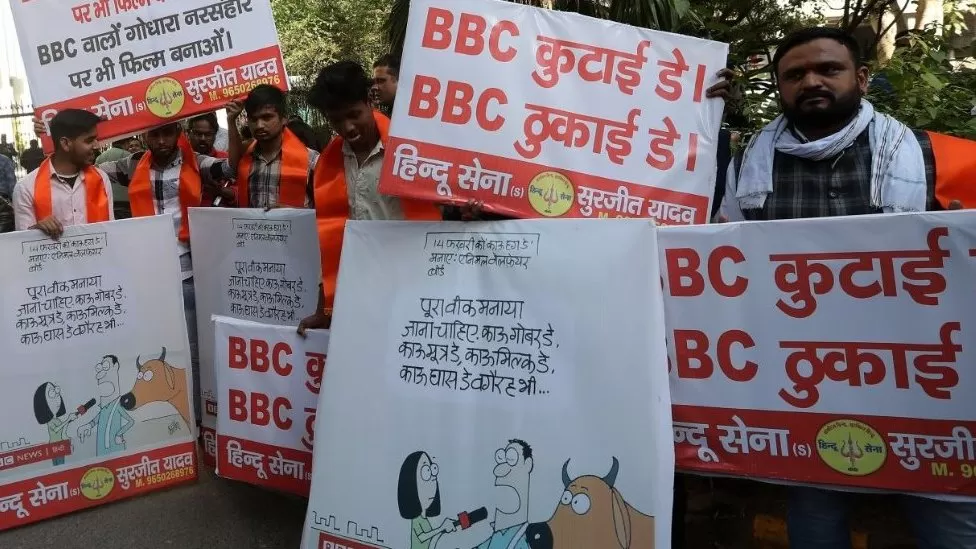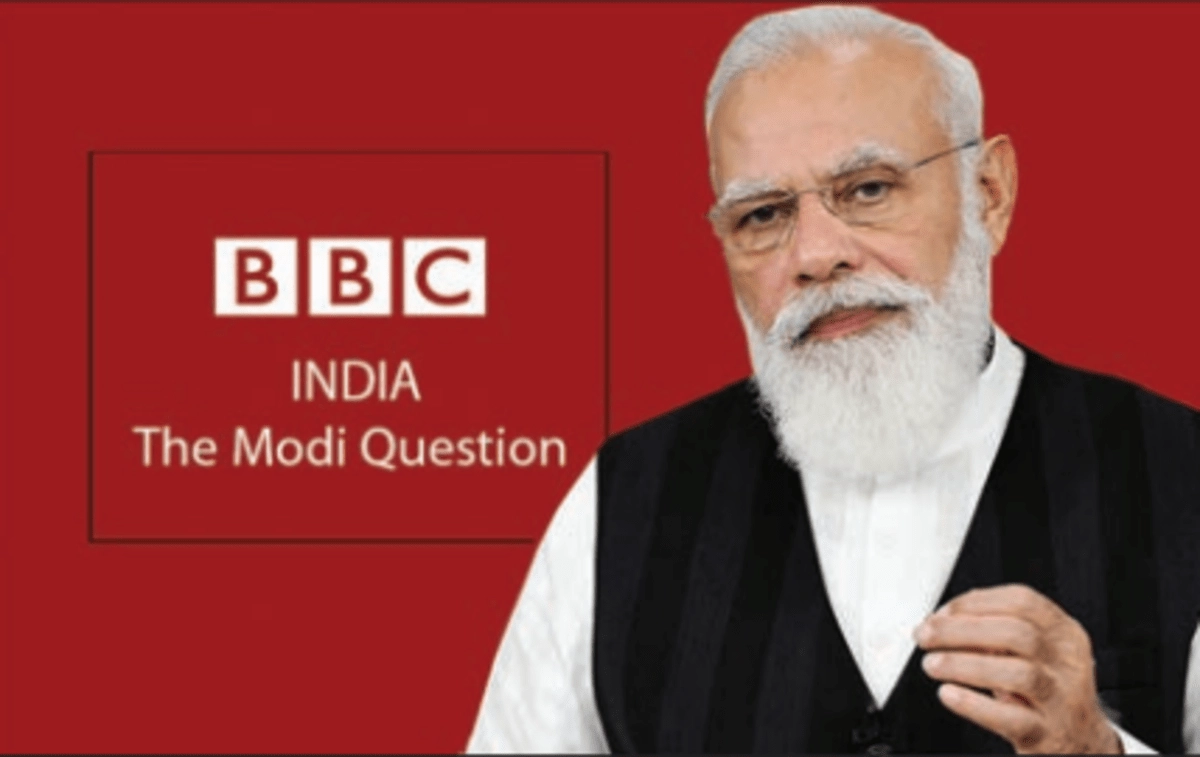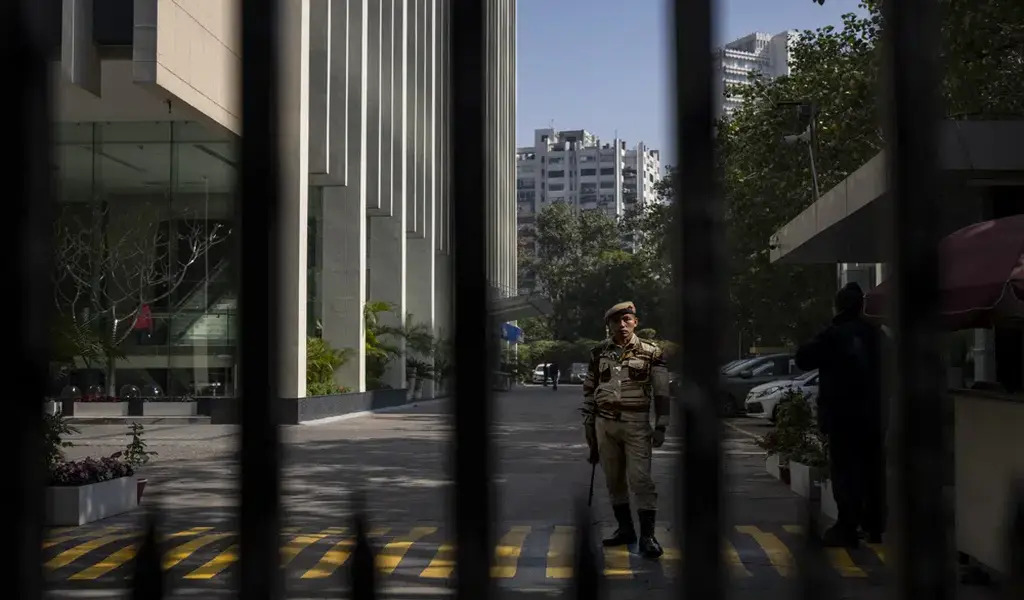(CTN NEWS) – NEW DELHI – On Friday, the Indian Finance Ministry accused the BBC of tax evasion, alleging that it had not fully declared its profits and income.
On Thursday night, Indian tax authorities ended their three-day search of the British broadcaster’s offices in New Delhi and Mumbai. Opposition parties and media outlets have criticized the searches as intimidatory.
Additionally, critics of Prime Minister Narendra Modi have questioned the timing of the searches, which came weeks after the BBC broadcast a documentary critical of the prime minister.
“The Central Board of Direct Taxes said that several pieces of evidence indicate that taxes have not been paid on certain remittances that have not been reported as income in India by the foreign entities of the group,” according to the department.

The report found “several discrepancies and inconsistencies” and gathered “crucial evidence” from employee statements, digital evidence, and documents that would be studied further.
Furthermore, the BBC was accused of not paying full taxes on the earnings of foreign workers who worked in India for short periods.
A BBC statement said it would “respond appropriately to any direct formal communication received from the Income Tax Department.”
“Our top priority is the welfare of our staff – some of whom have been subjected to extended questioning or forced to stay overnight.”
The statement read: “Despite this, our output has returned to normal, and we remain committed to serving our Indian and international audiences.”
Update on India: pic.twitter.com/rghvE6OpfQ
— BBC News Press Team (@BBCNewsPR) February 16, 2023
On Thursday, unidentified officials told the Press Trust of India that investigators copied electronic and paper data from the BBC and collected financial information from select staffers.
Authorities are investigating BBC subsidiary companies’ international taxation and transfer pricing issues.
Mallikarjun Kharge, the leader of India’s main opposition Congress party, called Modi’s government’s search of BBC offices an assault on freedom of the press.
International media watchdog Reporters Without Borders criticized the government’s action as an “attempt to crack down on independent media.”
The raids appear to be a reprisal for the BBC’s release of a documentary critical of Prime Minister Narendra Modi three weeks ago. “This occurs as independent media continue to be threatened, and pluralism in India is shrinking due to increased media concentration.”

“India: The Modi Question” aired in October, examining the prime minister’s role in the 2002 anti-Muslim riots in Gujarat, where he served as chief minister. The violence resulted in the deaths of more than 1,000 people.
According to the Supreme Court, no evidence exists to prosecute Modi for allowing and encouraging bloodshed under his watch. Modi’s exoneration was questioned by a Muslim victim last year, but the court dismissed the petition.
As soon as the program was broadcast, the Indian government invoked emergency powers under its information technology laws to block it. Indian authorities scrambled to stop screenings.
And social media platforms, including Twitter and YouTube, removed links to the documentary at the government’s request.
According to the BBC, the documentary involved various perspectives and voices. The Indian Government declined to respond to the issues raised in the series.
According to the Indian Foreign Ministry, the documentary was “a propaganda piece designed to push a particularly discredited narrative.”
RELATED CTN NEWS:






